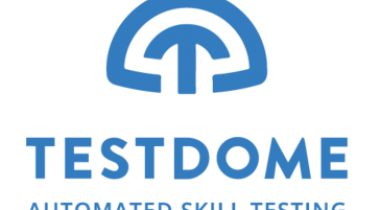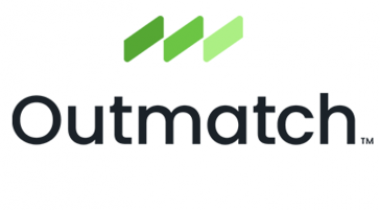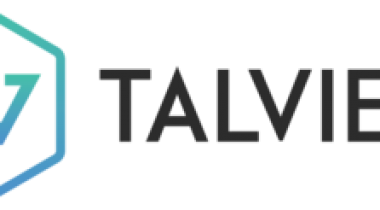Hire with confidence.
IBM Kenexa Employee Assessments use behavioral science techniques to measure traits, skills, and culture fit of each candidate and employee. A team of I/O psychologists and 30+ years of behavioral science expertise have ensured the portfolio—which can easily complement your existing assessments solutions—includes:
– Job evaluation tools to help predict executive performance;
– Functional behavior assessments to find the best fit for hourly employees;
– Skills assessments help you sift through talent pools; and valid and legally defensible assessments.
Our clients generate over 30 million assessments annually. Choose from over 1,200 assessments to find quality candidates—today.


















